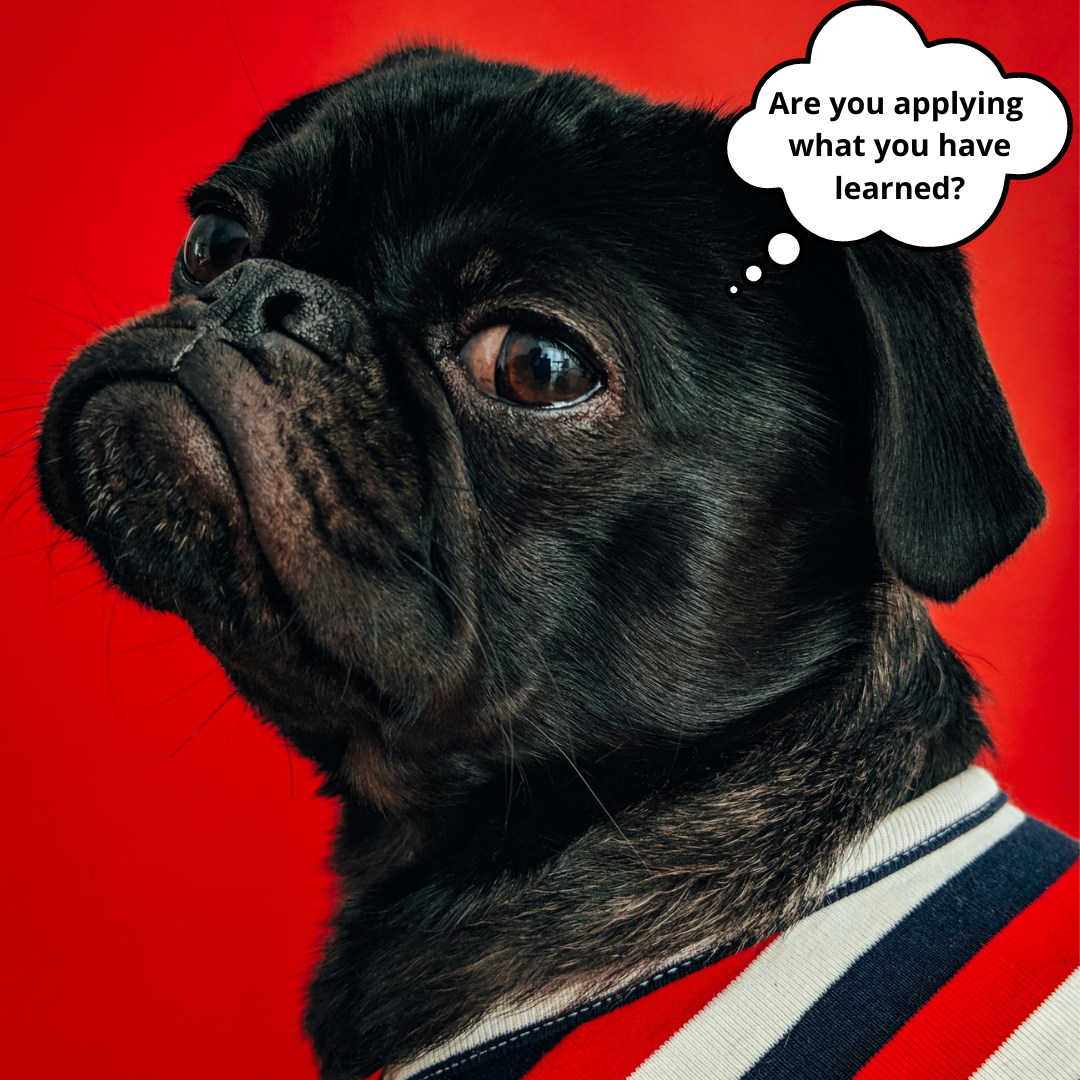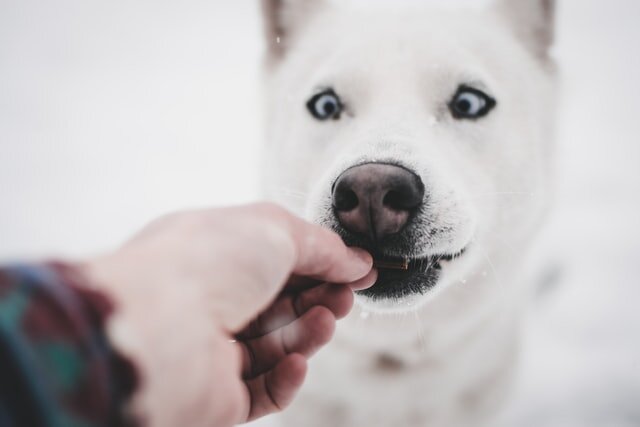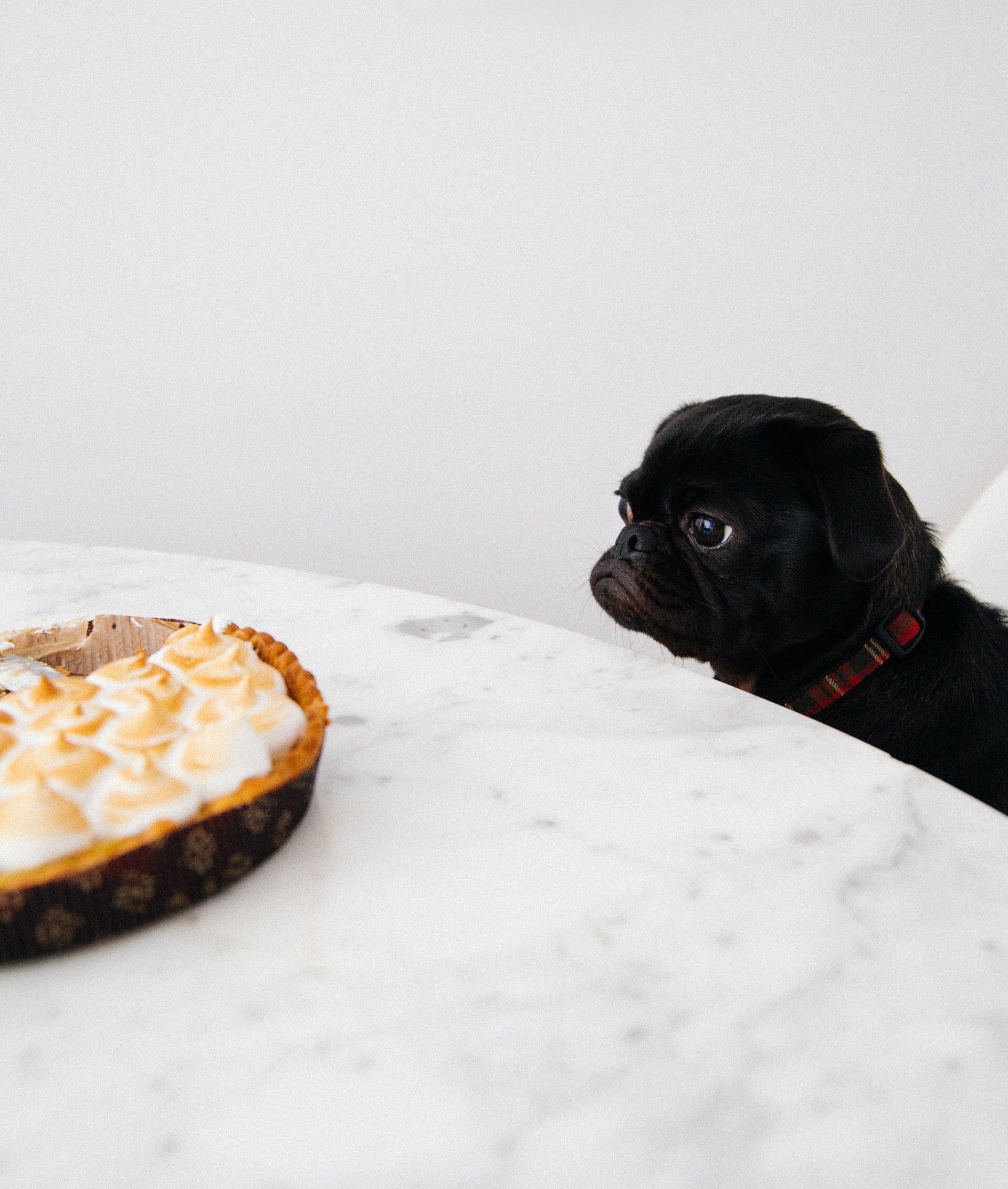How to use trial and success learning to our own behaviour?
Many times we don’t even bother trying to learn a new skill. We convince ourselves that it’s not for us. When what we could do is to find the first successive approximation and start learning through a fun and successful process.
Are you applying what you have learned?
Creating habits is known to many people. When you hear about it, it sounds so obvious! You might even be able to teach others about it as you have great advice that works. The question is, are you using this advice?
How to create habits with the help of technology?
How many of us failed in the past trying to create a new habit?
This time, I tried something different and I was building on a habit that I already have. Now, after 6 months, I can fairly say that I managed to build a new, solid habit of learning Spanish 20 min a day every day. In the blog, I share what helped me achieve that and few other surprising learning points!
How does a high rate of reinforcement look like and why we use it?
Do you know how does a high rate of reinforcement looks like? In dog training, it can look like just feeding the dog. Why would we even use it then?
Read more on the blog to see examples not only in dog training but also in creating our own habits!
How to set your new puppy up for success part 2
The second part of the blog with 5 more tips on what to do to avoid mistakes and set your new puppy up for success.
The truth about stress-free life and teaching
Is stress-free life about creating a life for dogs or people that will keep them in a bubble without any stress? Or is it about building skills ahead of time so when the stressful situation happens, they are equipped to cope with it?
Impulse control vs. trial and success learning
Instead of trying to develop an impulse control inside the animal, I much rather prefer to focus on teaching the essential skills that my dog needs. When you teach all of the skills step by step, you teach by adding successes not by eliminating errors.
What does science-based even mean?
I often say that my animal training is science-based but what does that even mean and why would that matter?
How can we use what we learn in dog training to our own behaviour?
From this blog, you can learn steps to train your dog a 'wait' or ‘stay’ cue but also how you can transfer/use what you learn to enhance your learning and to get better at creating new habits for yourself.
What do you think about punishment?
Punishment is unavoidable. It’s a naturally occurring phenomenon but it’s not the most effective way of changing behaviour. Rather than leave it to chance of what our learner will do, let’s take responsibility for teaching the behaviours that will work functionally for us both.
How trying a vegan diet helped me overcome my negative self-talk
Behaviour principles can be applied across the species. From animal training to personal development. Changing my behaviour changed the way I talk to myself. It can be applied to any new skill you would like to learn, I applied it to changing my diet. I’ve done it, you can do it too.
We are all individuals
Animals just as much as humans are individuals with their own set of preferences and biases. What works for one will have no effect on the other. We can influence a positive change in the behaviour of any individual but the approach needs to take the individuality into consideration.












